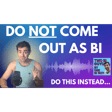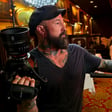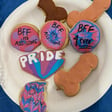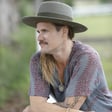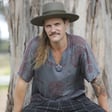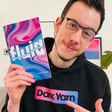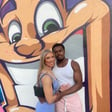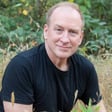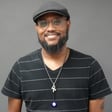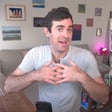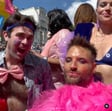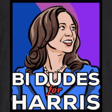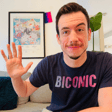
Queer Theology & Bisexual Jesus with Benjamin Perry
Follow Benjamin Perry on Twitter: https://twitter.com/FaithfullyBP
Some queer theological resources recommended by Benjamin Perry:
1. Radical Love by Patrick Cheng
2. Indecent Theology by Marcella Althaus-Reid
3. The Black Trans Prayer Book ed. by Dane Figueroa Edidi & J Mase III
4. Bad Theology Kills by Kevin Garcia
Two Bi Guys is now sponsored by Zencastr! You can get 30% off Zencastr for 3 months with promo code: twobiguys -- or just click this link: https://zencastr.com/pricing?coupon=twobiguys&fpr=ex42o. Start recording your own podcast or meetings today!
This episode is also sponsored by Vinovest. Discover wine investing with Vinovest -- get 2 months of fee-free wine investing with this offer link: zen.ai/twobiguys
It's about time for modern religion to not just accept queerness but to celebrate it -- and that's exactly what Benjamin Perry, a Bi+ Minister as Middle Church in New York City, is doing. In this episode we chatted about Benjamin's journey toward a bisexual identity, opening up to his wife and the experience of being married and bi, how he found his calling in theology and began to blend it with his burgeoning queerness, coming out in a religious community (a surprisingly positive experience for him), and the inclusive mission of Middle Church and how it reflects God's queerness. We also discussed the possibility that Jesus and his disciples were bisexual/fluid/queer, what the backlash to this "controversial" idea tells us about religious fundamentalism, and why queerness should not just be "acceptable" among the faithful but why it's actually vital to understanding God's love, community, and compassion.
Two Bi Guys is produced and edited by Rob Cohen
Created by Rob Cohen and Alex Boyd
Logo art by Kaitlin Weinman
Music by Ross Mintzer
We are supported by The Gotham
